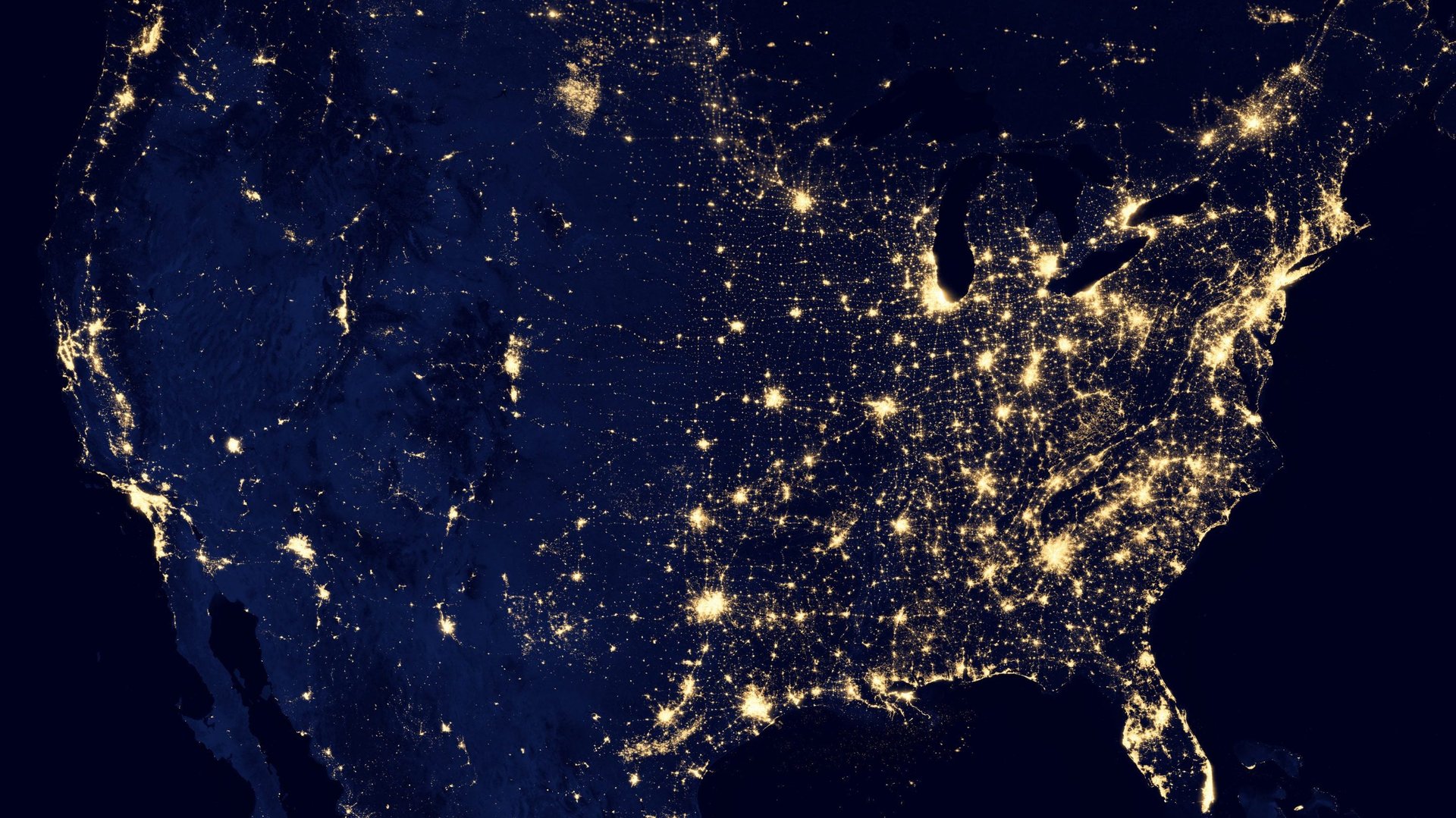The March for Science isn’t partisan or anti-Trump—it’s pro-facts
First came the Women’s March. Now comes the March for Science. Given the ongoing protests sweeping the US, one might assume that scientists are organizing to voice their general disagreement with Donald Trump’s policies—or perhaps that they simply want to protect their grants and jobs from federal funding cuts.


First came the Women’s March. Now comes the March for Science. Given the ongoing protests sweeping the US, one might assume that scientists are organizing to voice their general disagreement with Donald Trump’s policies—or perhaps that they simply want to protect their grants and jobs from federal funding cuts.
But what’s at stake is much bigger than funding. It’s true that the US spends more on science than any other country. This long-term commitment has led to the US being awarded more Nobel Prizes than any other nation, with the majority of the 365 prizes being awarded for physics. The US also publishes more scientific papers than any other nation—twice as many as China, which ranks second.
But scientists in the US and around the world are not mobilizing to defend themselves. Rather, they are fighting to protect the fundamental role that science plays in society and government.
Scientists help us understand both how the universe works and our place within it. It does not and cannot explain everything: religion, philosophy, the arts, and the humanities all have central roles too. But science is unique in its ability to systematically and rigorously update human knowledge by continually testing new theories with data.
When it comes to health, the environment, energy, and many other crucial issues, scientific input is fundamental because it represents the best available information we have. Consequently, if we care about human wellbeing—and the plants, animals, oceans, climate, and land upon which we depend—scientists need freedom to discuss their findings with other scientists, government officials, and society at large.
The Trump administration’s actions thus far pose a clear threat to the practice of science. Since Trump’s inauguration, entire sections relating to climate change have been removed from the White House website. Staff at the Environmental Protection Agency (EPA) and three other federal agencies have been ordered to cease social media activities and to route all media requests via senior agency officials. Some federal scientists have allegedly been blocked from communicating with members of Congress.
While the rate of change may be a surprise, the Trump administration’s antagonistic attitude toward science was entirely predictable. The new head of the EPA, Scott Pruitt, is currently suing his own agency in an attempt to block the application of the Clean Power Plan, one of the most important federal projects to reduce greenhouse gas emissions. The new secretary of state, Rex Tillerson, is the former CEO of ExxonMobil, which is currently doubling down on its extraction of more oil and gas. For these people, the facts of climate change directly oppose their principles and pockets.
It’s no wonder they’re happy to work for Donald Trump, who infamously tweeted that climate change was a hoax. He and vice president Mike Pence have other views that are flatly inconsistent with science. One or the other has suggested that evolution can only be explained by God; that there is a strong link between vaccination and autism; that ebola is very easy to transmit; and that causes of cancer include wind farms and light bulbs. Taken collectively, such statements reveal Trump and Pence to be both willfully ignorant about science and actively hostile to it. I would not be surprised to learn that both men ascribe to the notion of “alternative facts,” the term coined by senior adviser Kellyanne Conway.
Clearly, the administration’s antipathy toward science matters. It matters how much particulate emissions young children are exposed to. It matters how federal agencies prepare for, and respond to, epidemics. It matters how fast the US can decarbonize and fulfill its international obligations to avoid dangerous climate change. It matters when government officials, up to and including the president, provide misinformation, or even lie, about scientific facts.
But most of all, the administration’s hostility to science matters because facts matter. Science does not produce immutable facts or eternal truths. It acknowledges that facts can change. But it is how they change that is absolutely central to the scientific method.
Albert Einstein once joked, “If the facts don’t fit the theory, change the facts.” After all, that would be so much easier than having to produce a new theory—or even challenge our assumptions. It seems that the Trump administration takes such an approach literally, treating data as malleable and theories as absolute.
It’s worth remembering that Einstein—arguably the greatest scientist in all of history—was a Jewish refugee in the US. He had fled the persecution of Nazi Germany, which enacted a number of purges against scientists and intellectuals who refused to espouse the “right” facts.
Einstein and other scientists of his generation would easily recognize the recent behavior of Trump’s administration. When a government suppresses facts that are inconsistent with its dogma, when it attempts to muzzle scientists from sharing their findings, when it bans people (some of whom are scientists) from entering the country on the basis of their religion, it’s a clear sign that not only science is under threat—but that society itself is in grave danger.
And that’s why it’s time for all of us who care about facts to get out and march.